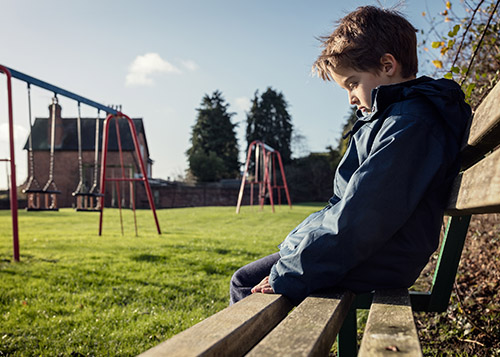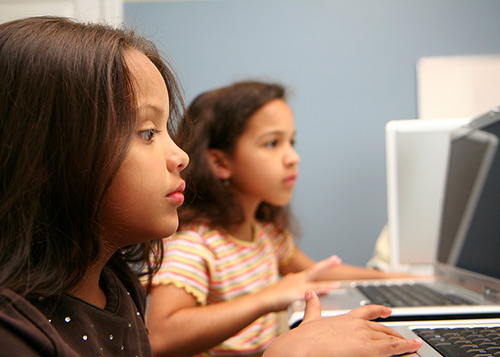Starting therapy on your own can feel daunting. When you’re diving in as a couple, it’s different. On the one hand, you have the support of your partner. On the other, most couples don’t start counseling because things are peachy. You might feel nervous about surfacing your challenges in front of a therapist, or about what your partner will say during sessions.
That’s completely normal and understandable. Starting couples’ counseling in the San Fernando Valley or anywhere else means coming up against a lot of unknowns. It doesn’t have to be a total mystery, though.
While what happens in your sessions largely depends on you and your partner, there are some basic foundations in place. Knowing about those eliminates some of the fear of the unknown, which can help you feel more comfortable as you get started.
Setting expectations for couples’ counseling
First, if you’re feeling any guilt and shame about starting couples’ counseling, we want to help you release that. It’s normal and even good to have some conflict in your relationship. You and your partner aren’t the same person, and it’s healthy to have your own wants and needs. By deciding to start couples’ counseling in San Fernando Valley, you’re putting yourself in a position to get extra tools to support yourself, your partner, and your relationship.
Secondly, you can come in feeling confident that couples’ counseling has a proven, data-backed track record of success. By creating space for you and your partner to talk about what’s bothering you, you have the opportunity to break patterns that have been burdening your relationship.
Third, what happens during couples’ counseling is totally up to you and your partner. You don’t have to talk about anything you don’t want to, and you don’t have to explore any difficulties before you feel ready. Your therapist is there to walk alongside the two of you, supporting you along the way rather than pushing you in any specific direction.
What happens at your first couples’ counseling session
The first couples’ counseling session isn’t so different from a first appointment if you’re starting therapy on your own. The main goal is for your therapist to learn about you and why you’re starting counseling.
Your first session, then, often centers around you and your partner telling your therapist the story of how you met. They’ll want to hear more than just the problems that brought you in. Understanding your relationship history, your patterns, and other pieces of context helps them personalize a couples’ counseling plan to you and your partner.
Tailoring your San Fernando Valley couples’ counseling to you
There’s no “normal” way to do couples’ counseling. It’s all about finding what’s best for you and your partner.
Sometimes, both couples always come in to meet with the therapist together. Other times, one partner isn’t ready to start therapy and the other partner starts on their own. In some situations, the couple meets with the therapist together some days, and individually on others. The format really depends on what works best for where you’re at right now. And it can be changed if your needs change as you move forward.
During couples’ counseling with our team, you’ll also get resources you can use (your therapist might call this your “relationship toolbox”). You’ll learn new ways to listen and respond to your partner. Your therapist might even give you take-home exercises so you can practice between sessions.
Ideally, you won’t be in couples’ counseling forever. On average, couples usually attend about 12 sessions, although the right duration totally depends on your specific situation.
If you’re ready to get started with San Fernando Valley couples’ counseling, contact our team. Our intake coordinator can help to pair you with the right therapist from our team for your specific needs and goals. In your first appointment with them, they’ll learn about you and you’ll then learn what they recommend as a plan for supporting your relationship.










